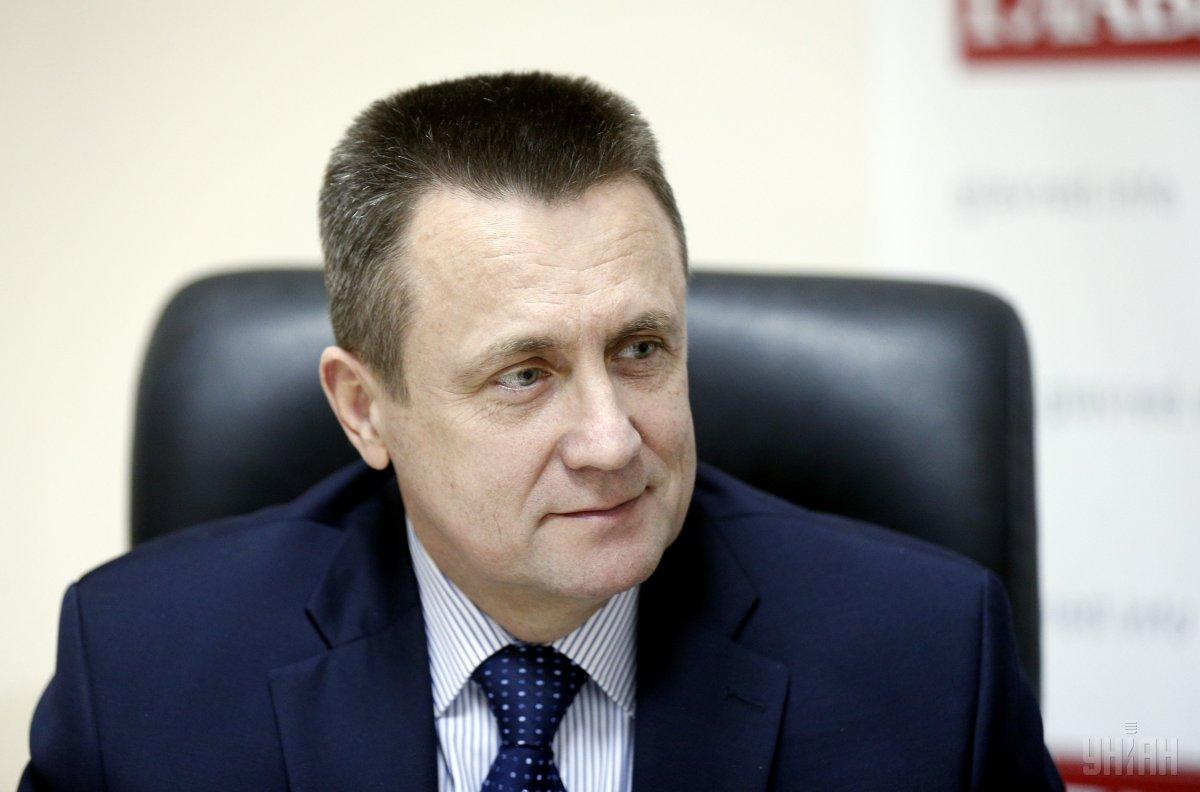
Admiral Ihor Kabanenko: Situation with "Nord" fishing vessel may be a planned provocation by Russia to "legitimize" deployment of its naval group in the Azov Sea
Navy Admiral (Rtd), Former Deputy Minister of Defense of Ukraine Ihor Kabanenko told UNIAN why the Ukrainian coast guards, having seized the Nord vessel in the waters of the Azov Sea, acted lawfully, and hinted that the situation with the Nord could well be a provocation on the part of Russia.
Ukrainian border guards in the Ukrainian waters of the Azov Sea in March this year detained a Russian-flagged violator fishing boat. It was then taken into the port of Berdyansk for verification and procedural actions. And in a few days, Russia exploited the incident to blame Ukraine for ... piracy. Spokesperson for the Russian Foreign Ministry Maria Zakharova stated that by seizing the Nord, Ukraine acted similarly to "Somali pirates."
Later, RIA Novosti, referring to a source in the security structures of the annexed Crimea, said that the command of the Russian Black Sea Fleet, including naval aviation, was prepared to "ensure the safety of navigation in the north-eastern part of the Black Sea and the waters of the Sea of Azov" following the incident.
In order to clear up the situation and find out who is actually acting as pirates, UNIAN turned to the Admiral of the Naval Forces Reserve, former Deputy Minister of Defense of Ukraine Ihor Kabanenko.
What do you think about the case? Did the Ukrainian coast guards have the right to detain a Russian ship in the waters of the Sea of Azov?
In fact, not many people understand the depth of the incident. And, unfortunately, strategic communications on the part of our authorities are lagging behind the dynamics... Let's try to explain, as they say, in plain words.
Russian accusations and threats are based on the right to freedom of navigation in international waters, which is enshrined in the United Nations Convention on the Law of the Sea, that is, the Nord with the Crimean registration had almost all grounds for navigating in the waters of the Azov Sea beyond the 12-mile zone of territorial waters of Ukraine. Such a right [freedom of navigation] does exist, but this is a completely different story.
The Nord roughly violated Ukrainian legislation when it was "re-registered" in a temporarily occupied territory, which was not recognized by the legislation of Ukraine, and illegally crossed the state border of Ukraine in Crimea (that is, without Ukraine's border control). For this, criminal liability is provided, and Ukraine had all grounds for the detention of the said vessel, as well as the imposition of arrest by the decision of the Ukrainian court.
There is another aspect. The Russian-flagged Nord was fishing in the exclusive maritime economic zone (EMEZ) of Ukraine, which is a gross violation of Art. 56 of the United Nations Convention on the Law of the Sea ratified by the Russian Federation.
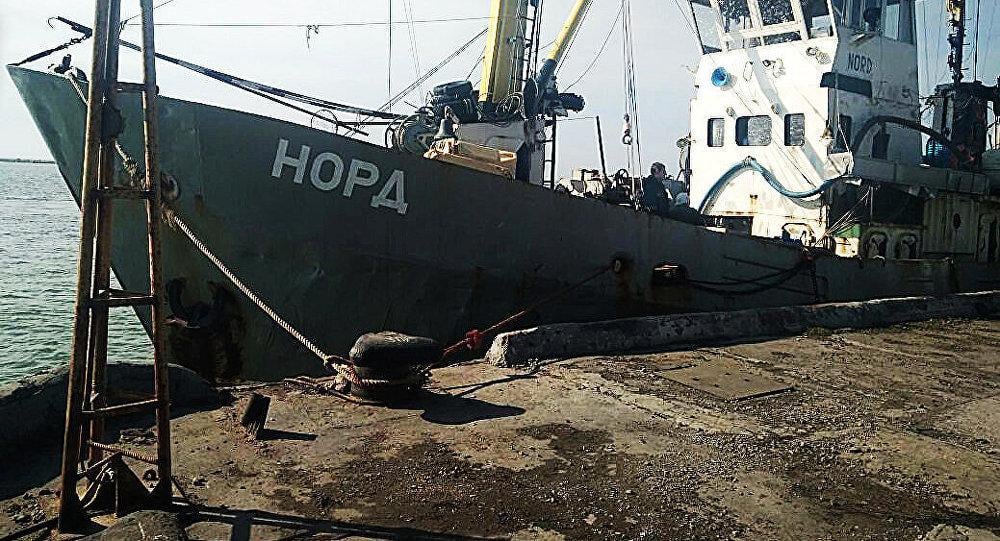
Skeptics may object, because the annexation of Crimea is not recognized by the international community, and the EMEZ in the Azov Sea between Ukraine and Russia is not limited because of the Kremlin's long-term blockade of the issue. But the ship was detained 15 miles from our coast under the flag of another country without any Ukrainian fishing license, not in the vicinity of the possible mediation line of the EMEZ between the two countries. This is a matter of international consideration and, I think, on this issue, the International Tribunal for the Law of the Sea will be on the Ukrainian side.
That is, in fact, in this story, it's not Ukraine who is a "pirate," right?
Russia has actively been encroaching on Ukraine from the sea since 2014. This encroachment, as well as all aggression against Ukraine, has a "hybrid" nature, that is, most events take place in a creeping-and-hidden format, under a surprise factor. Substitution and distortion of facts are being employed, as well as half-truths and lies. The official reaction from the north to the incident with the Nord does not differ from the usual tactics of the Kremlin's actions - the power game "for the freedom of navigation" is unfolding, but fundamental violations, which are primary in relation to what I've said, are being silenced. In the information war, the interpretation always matters, and it must be admitted that Russia is quite cleverly using this factor in its favor.
In fact, real piracy is the illegitimate actions by Russia in the Black and Azov seas, because Russia seized Crimea, seized the property of Chornomornaftogaz, captured Ukrainian offshore gas fields, and built the Kerch Bridge - a pressure valve against Ukraine. And on the part of Ukraine, this is a reaction to a concrete violation of national and international legislation, which has nothing to do with piracy.
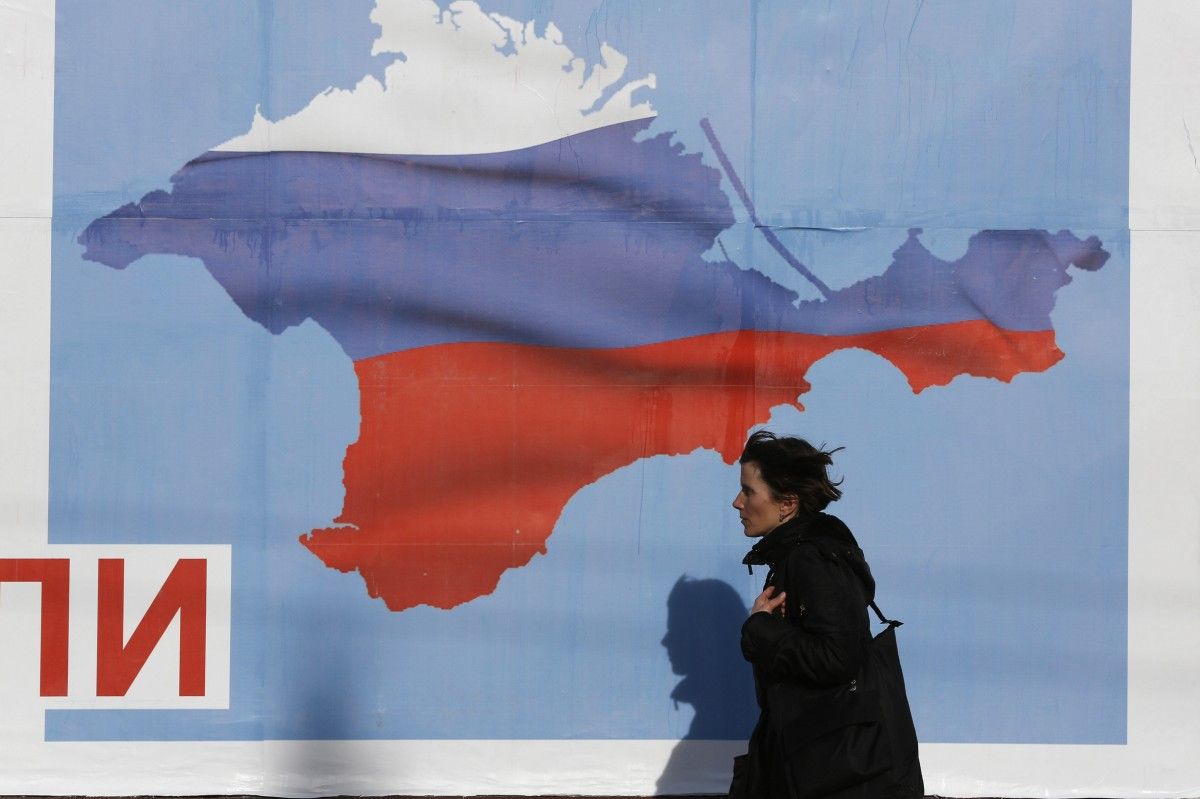
Why would Russia spin this story? What are the reasons behind Moscow's use of this situation? The accusation that Ukraine is like "Somali pirates" has already been voiced at the level of the Russian Foreign Ministry...
The situation with the Nord could be planned by Russia as a provocation to "legitimize" the deployment of the naval group in the Azov Sea and further actions. The above is in the "hybrid" aspect of moving Ukraine away from the sea (occupation of marine deposits of Ukraine, construction of the Kerch Bridge, creation of A2/AD zones, etc.)
At the same time, there is a need for an adequate action on the part of Ukraine, first of all, to contain the Kremlin from escalating the crisis at sea, because it's the strategies that are victorious, not tactical actions. The strategy provides for a variety of actions, combined in a single plan. Time will tell whether Ukraine has such a strategy.
It has already been voiced that the command of the Black Sea Fleet of the Russian Federation and naval aviation "are ready to provide security in the region" ... How are these statements dangerous to us?
I agree with former SACEUR chief Admiral James Stavridis that soft power (diplomacy) without force (military capabilities) is not power at all. This, in the first place, concerns the sea.
At the time of the Cold War at sea there was a tough confrontation. There were certain "red lines" near which there was a rather intense "friction" of military forces of the parties. However, the parties did not cross these lines because they were guarded by absolutely specific ships, submarines, and planes - a formula based on parity worked.
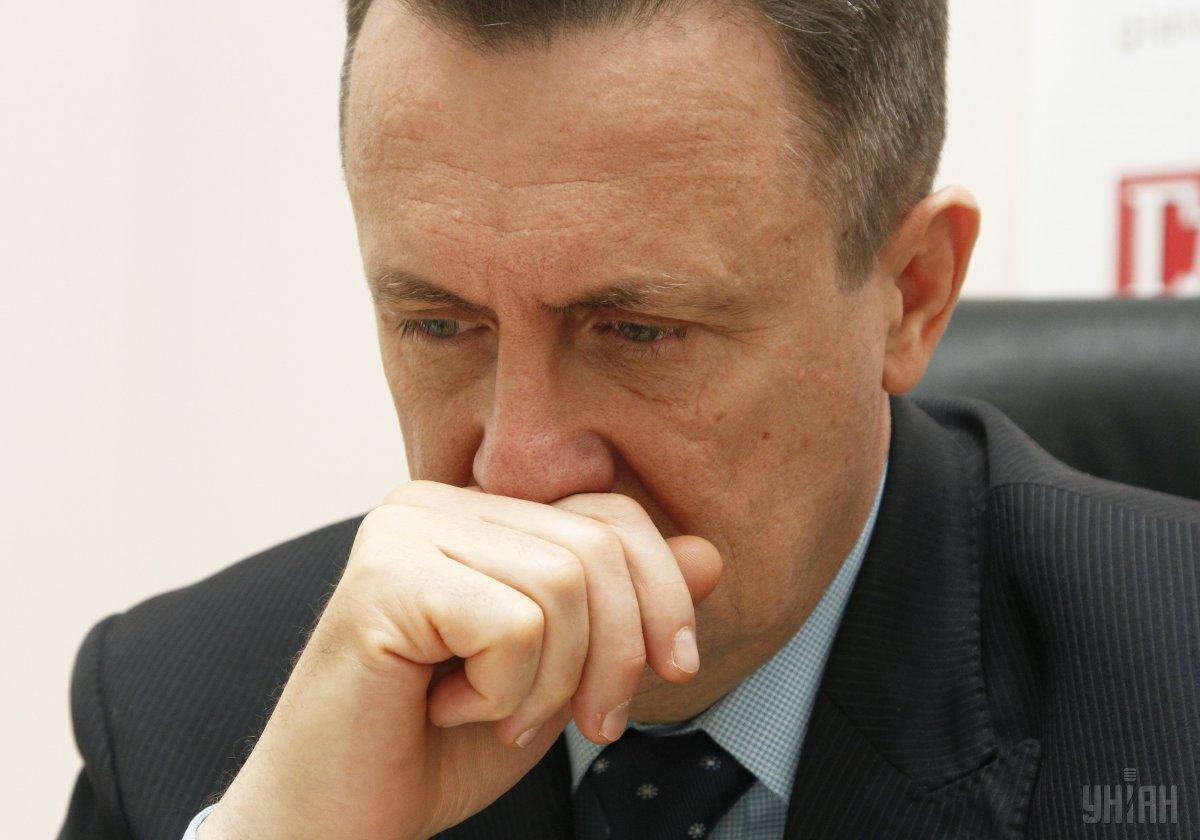
Where are these "red lines" at sea for Ukraine and who ensures their protection and defense?
This is a serious, not rhetorical question. And, like many others in relation to the protection of Ukraine's national interests at sea, it should be the subject of consideration and decisions by the National Security and Defense Council of Ukraine. The second paragraph of Article 17 of the Constitution of Ukraine does not allow for a double interpretation: "Protection of Ukraine, its sovereignty and territorial integrity are entitled to the Armed Forces of Ukraine." But to ensure defenses at sea, the Naval Forces of the Armed Forces of Ukraine should be given specific tasks and have the appropriate capabilities - human, technical, technological, and organizational resources...
How could the situation develop?
The scenarios may vary: from illegal inspections on board Ukrainian ships under the guise of "fighting piracy and maritime terrorism" and their seizure to maritime embargoes in certain maritime areas (zones) and blocking navigation through the Kerch Strait of vessels that check in the ports of the Ukrainian Azov area
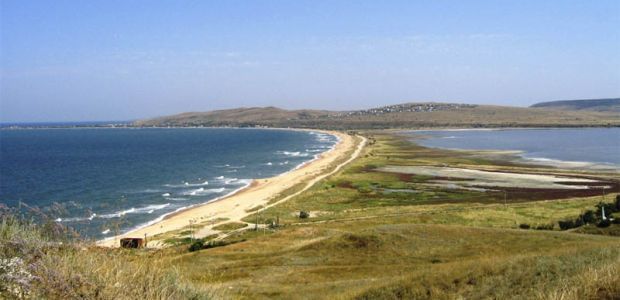
Experience convincingly suggests that the best fuse against such actions is an adequate naval presence in important areas of the exclusive maritime economic zone of the state. This requires appropriate naval capabilities - the moment of truth is coming in relation to what has been done over these four years and is being done now to protect Ukraine's interests at sea.
It is difficult to understand the logic of authorities in this matter. Slogans like "yes, we lost 70% of our fleet in Crimea, and we have nothing now" cannot be perceived today because the law clearly defines responsible parties. And there was enough time to create basic capabilities necessary for Ukraine to respond adequately to the existing threats.
Nadiia Maina

